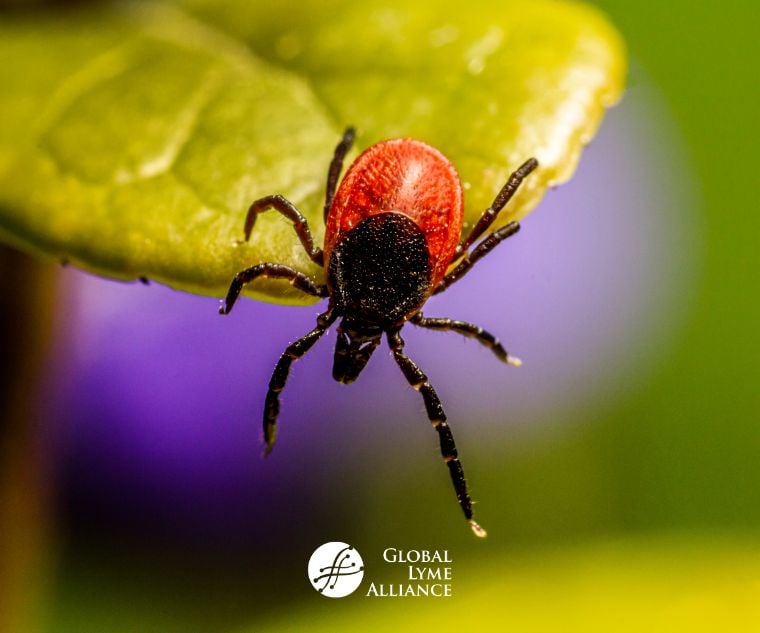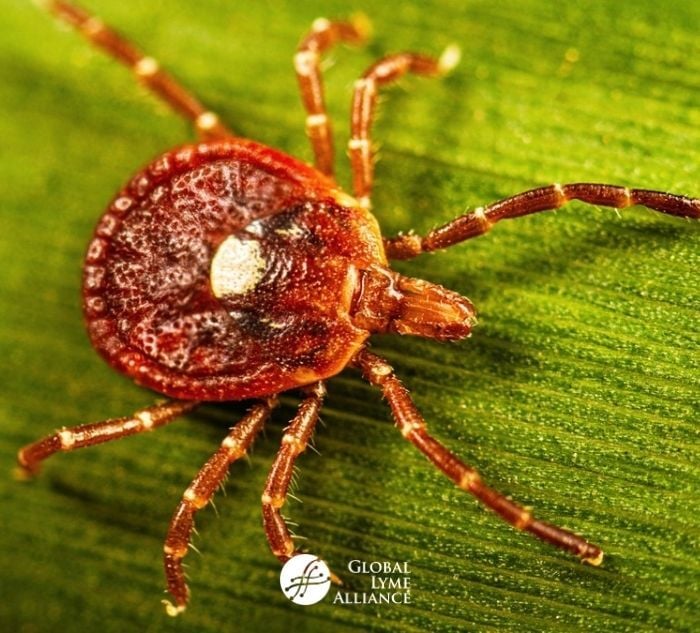
Learn about the man who is immune to all tick-borne diseases.
Written by Emily Swaim for businessinsider.com
When ticks bite Richard Ostfeld, they die — not because he's particularly vigilant about squishing them, but because his immune system attacks as soon as it senses their presence.
He is one of the rare individuals who has developed acquired tick resistance.
How does ATR work?
Thanks to his work as a community ecologist, Ostfeld often roams through tick-infested territory, and hundreds of ticks have bitten him over the years.
He said all these bites have trained his immune system to recognize and attack certain proteins in the tick's saliva. (But don't go searching for ticks just to try and build immunity, since you might contract a debilitating tick-borne disease)
When a tick starts sucking blood, white blood cells rush to the scene and release an inflammatory chemical called histamine. Researchers aren't fully sure how histamine kills ticks, but it does the job quickly.
"I develop an itchy, burning welt at the site of the tick bite, shortly after the tick attempts to embed its mouthparts," Ostfeld said.
The welt lasts a few days, but it's harmless for him. For the tick, not so much.
Why does tick immunity matter?
This rapid tick death isn't just karma for stealing Ostfeld's blood — it also protects him from tick-borne disease, such as Lyme disease or babesiosis, which can damage organs and cause long-term disability.
These diseases come from bacteria and viruses, collectively known as pathogens. Which pathogens local ticks carry depends on the species and where you live.
In the northeastern states, Ostfelt said one-third of ticks carry the bacteria that cause Lyme disease (Lyme borreliosis). He added that roughly one in five ticks can infect you with babesiosis, and one in 10 can cause anaplasmosis.
Given those odds, one of the hundreds of ticks that have bitten Ostfeld probably carried pathogens, but the ticks died before their infectious saliva could invade his body.
Click here to read the full article on businessinsider.com
***
Sign up for GLA's newsletter below.
The above material is provided for information purposes only. The material (a) is not nor should be considered, or used as a substitute for, medical advice, diagnosis, or treatment, nor (b) does it necessarily represent endorsement by or an official position of Global Lyme Alliance, Inc. or any of its directors, officers, advisors or volunteers. Advice on the testing, treatment or care of an individual patient should be obtained through consultation with a physician who has examined that patient or is familiar with that patient’s medical history.








